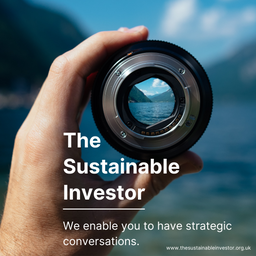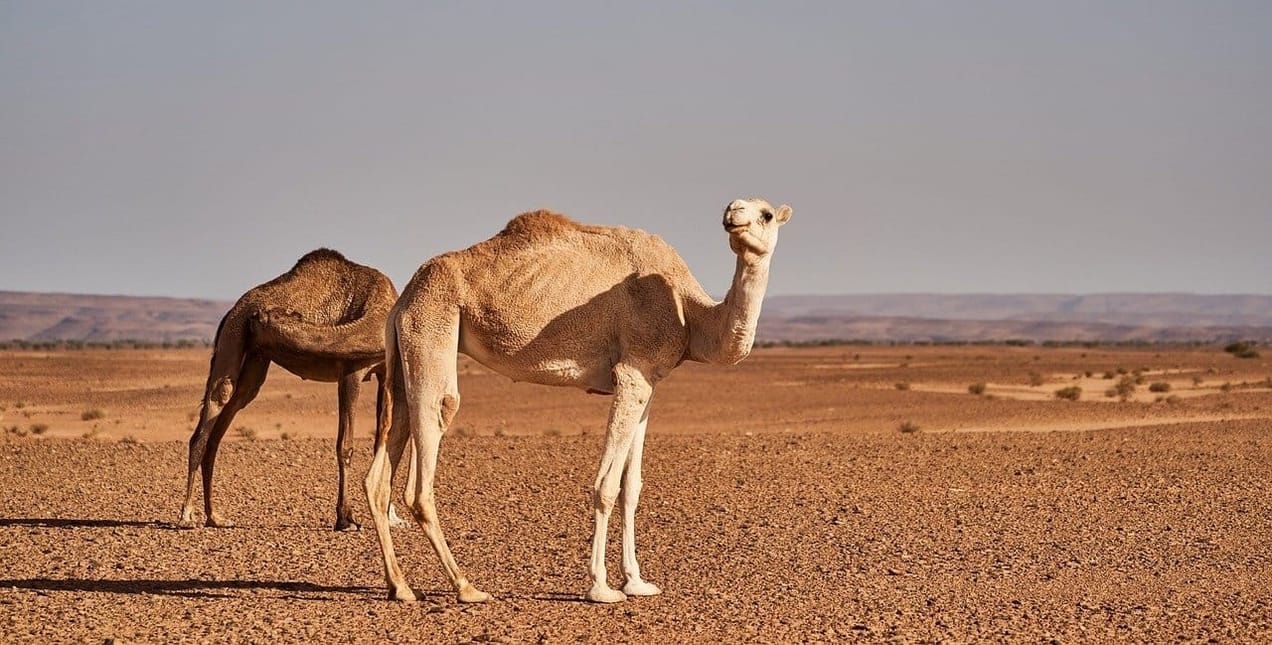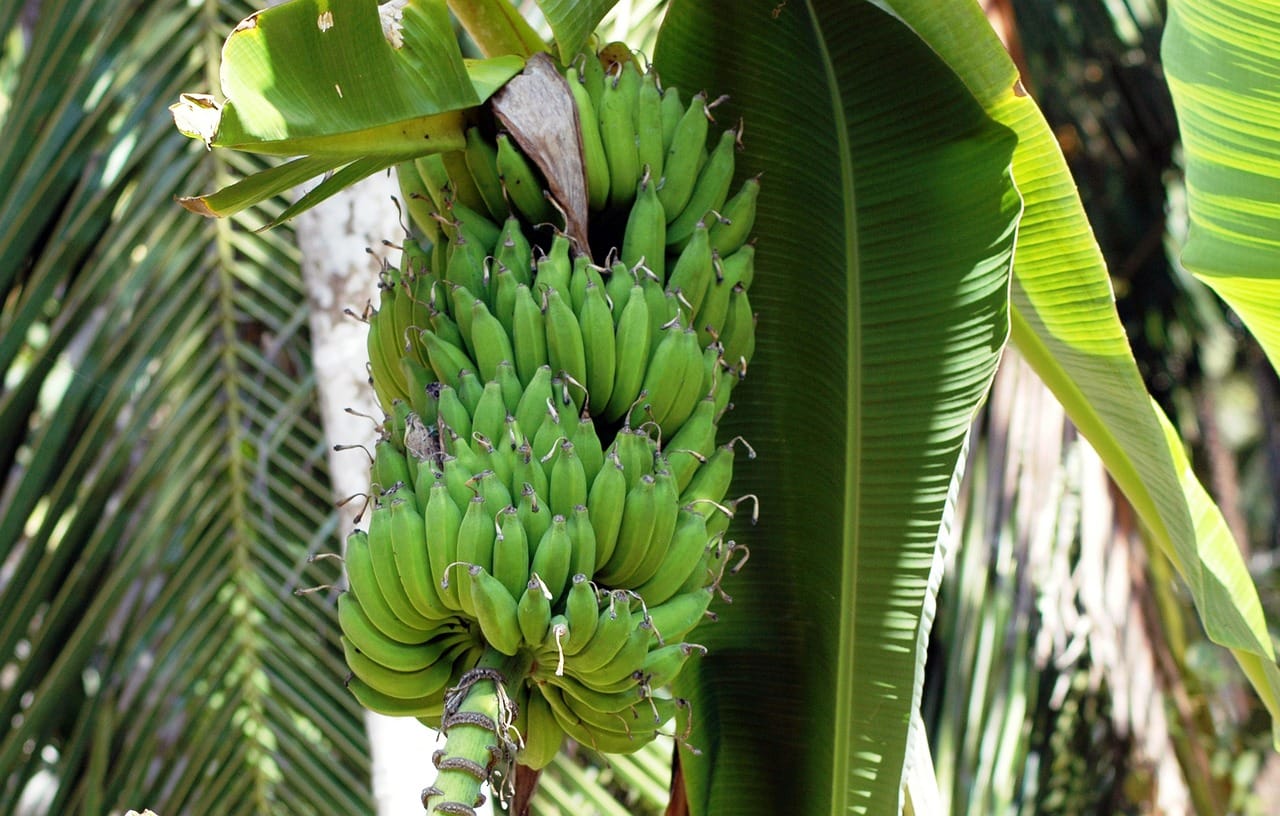
Sunday Brunch: Climate extremes, food supply & bananas
More frequent climate extremes will impact our food supplies. Arguably we are past just mitigation and well into adaptation. One crop that could be materially impacted are bananas. The possible future for banana's gives us insights into the risks and opportunities for the wider food supply chain.
We eat a lot of banana's. In 2024 the EU nations consumed just short of 6m tonnes of banana's. And the average American eats nearly 27 lbs each pa. And they are a key food staple in many parts of the world.

If you are invested in the global food industry, you need to better understand banana's. Not just becuase they are an important food crop. But also because of how exposed they are to climate change - and the read across they could give us regarding the risks in our wider food supply chains. And the actions we may need to take to adapt to future changes.
Banana's have been grown at scale i.e. in plantations, since the 1870's. Prior to the 1960's the main crop was Gros Michel. But an widespread outbreak of Panama disease (spread via the Fusarium Tropical Race 1 fungus - a soil borne pathogen) effectively wiped them out. And now the crop that replaced them, the Cavendish banana, faces a similar threat. This time from the Race 4 variety of the fungus.

And this is not the only disease related risk that banana's face.
To understand why, lets take a step back. There are a couple of main reasons as to why commercial desert banana's face such serious disease risks. To quote a 2019 National Geographic article...
"The practice of growing crops with limited genetic diversity—technically called monoculture—aids in cheap and efficient commercial agriculture and marketing, but it leaves food systems dangerously vulnerable to disease epidemics."
And banana's are vegetatively propagated, which means they are low in genetic diversity.
The other reason is where they are grown, in the tropics and sub tropics. Given this they are exposed to a wide variety of potential threats, ranging from bacterial (including wilt), viral, nematodes & parasites, and fungus's. Often multiple threats are present at the same time, the diseases co-exist and may even overlap.
All of these threats increase with global warming, as highlighted by a 2024 paper, published in the Plant Pathology Journal. A warmer climate both expands the range of where diseases exist and potentially their severity.
Putting it simply, we have a key global crop that is exposed to increasing disease risks as temperature increases.
Wider climate change impacts
It's not just disease risks we need to track. Climate change can also impact yields.
A 2019 study in Nature Climate Change estimated that while a changing climate initially had a positive impact on banana yields, these yield gains are being eroded. By 2050 the historic gains could be dampened or even disappear.
And a more recent 2025 study, from a team at the University of Exeter, concluded that "Rising temperatures, coupled with requirements for labour and export infrastructure, will result in a 60% reduction in the area suitable for export banana production, along with yield declines in most current banana producing areas."

So, banana's not only face greater disease risk, they could also see material yield declines over time.
Possible solutions include gene editing.
It's important to start with the point that we currently do not have a viable replacement for the Cavendish desert banana. This is not just a question of does a more robust banana (in relation to disease resistance) exist, but it also covers consumer acceptance. This might change but not quickly.
So, for now the solutions all relate to finding ways to breed banana's that are more resistant to the various diseases banana's face, especially Fusarium Tropical Race 4 fungus.
One set of solutions involve genetic engineering.
This work has been going on for years, it is not an unknown problem. A 2016 report 'Genetically modified bananas: To mitigate food security concerns' highlighted the potential benefits.
And more recently an article in the Frontiers of Bioengineering and Biotechnology 'Application of CRISPR/Cas-based gene-editing for developing better banana' highlighted how the application of cutting-edge technologies such as CRISPR/Cas-based gene editing has emerged as a promising avenue for revolutionising banana production.
However, genetic modification brings challenges. The obvious one is around scientific and consumer acceptance. But even where this exists, the absence in many countries of a robust regulatory framework acts as a material barrier.
If you want to understand this topic better in a less academic way, I recommend this podcast, where Dr Leena Tripathi, one of the authors of the studies highlighted above, was interviewed.

The solutions do not all involve genetical modification. Traditional plant breeding has started to produce potential new banana strains. One example of this is the Yelloway One banana. This is about to undergo field trials, and so there is still some work to be done.
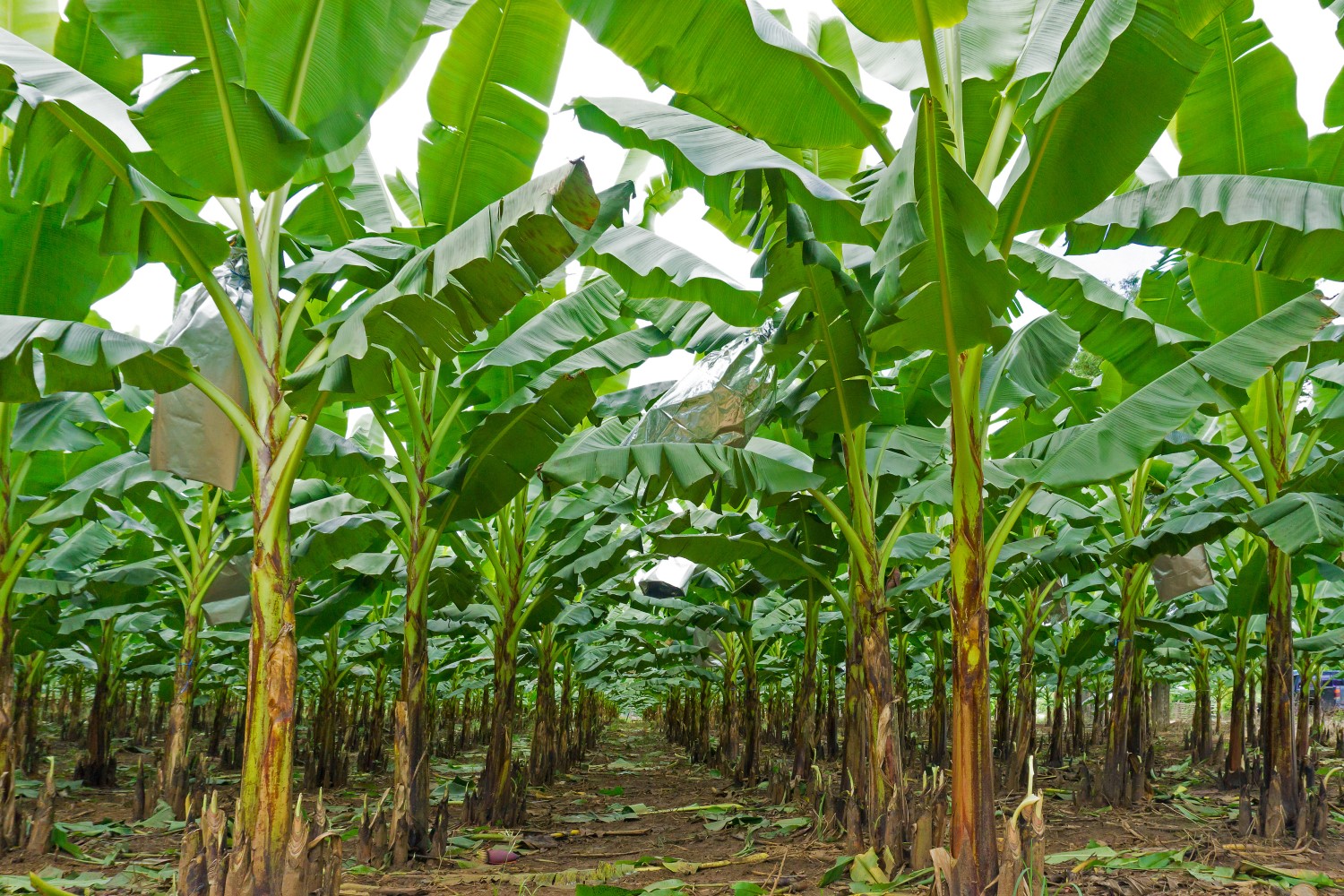
The bottom line
What can investors take from this, both in relation to banana's and our food supply chain more generally.
First, there is no easy solution. This is a complex problem, with lots of inter-related elements (in the case of banana's diseases).
Second, we need to be working on this now. Waiting for the problems to hit will be too late.
Third, it needs cooperation all along the food supply chain. While banana producers are already involved, we need more funding.
And finally, while the example of banana's is clear and stark, many other core food's will face similar risks in the future. We need the companies we are invested in to talk more about the food supply chain climate adaption work they are doing. They need to be clear about the possible impacts. And where it's not enough, we need to pressure them to step up more.
If you don't think that climate is impacting food availability and price - have a read of this recent report, published in Environmental Research Letters. Yes, this is a problem for societies, but it's also a very real risk for investors.

One last thought
The food industry has the potential to make a massive difference in terms of making our agricultural system more sustainable. And many of the things they can do also can make good business and financial sense. It's not just about new varieties of foods we already use, such as GMO Cavendish banana's. Product reformulation is one of the less obvious, but potentially most powerful, routes.
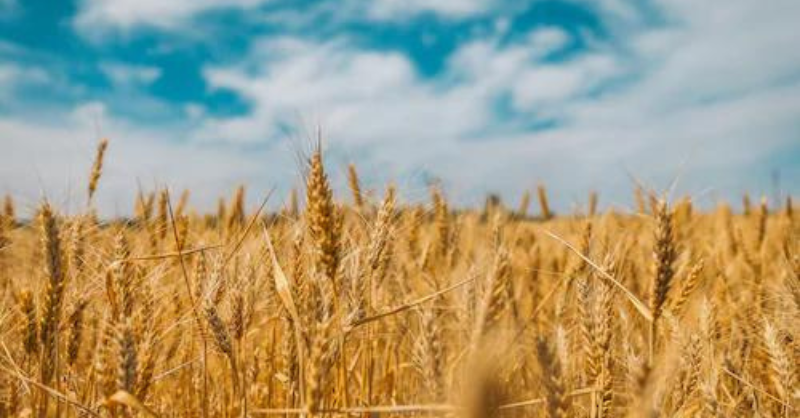
Grant me the strength to accept the things I cannot change, the courage to change the things I can, and the wisdom to know the difference. Reinhold Niebuhr - a Lutheran theologian in the early 1930's
Please read: important legal stuff. Note - this is not investment advice.



